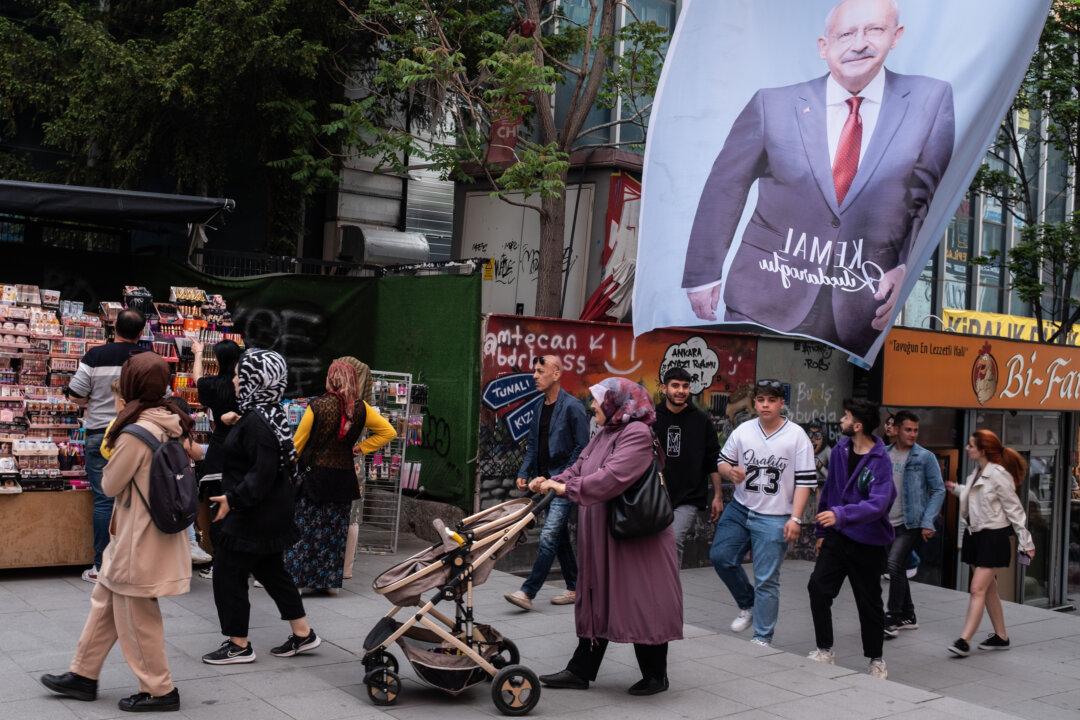Commentary
Turkey has begun to take on a new geostrategic significance for the major global powers, even as its economy enters a period of growing fragility and its polity becomes increasingly divided.

Turkey has begun to take on a new geostrategic significance for the major global powers, even as its economy enters a period of growing fragility and its polity becomes increasingly divided.